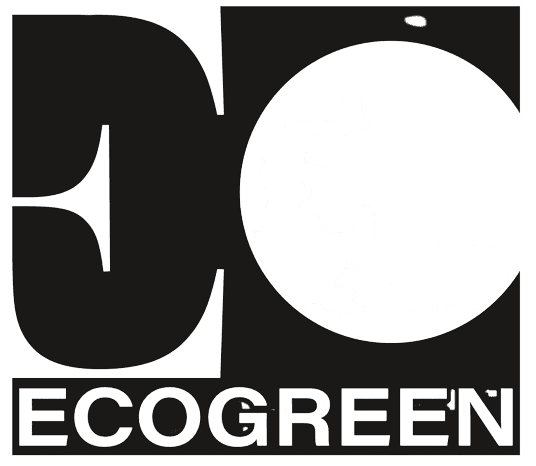Benchmark of EU Best Practices and Project Consortium Meeting Year 1
May 21, 2024

From May 21 to May 29, 2024, the Erasmus ECoGREEN Project team embarked on a significant visit to Europe, with key destinations including Hasselt in Belgium and Wageningen in the Netherlands. This important trip was organized as part of the Benchmark of EU Best Practices and the Year 1 Project Consortium Meeting of the ECoGREEN Project, an initiative aimed at fostering sustainable development and green entrepreneurship across universities involved in the consortium.
The journey began at the University of Hasselt (UHasselt), where the team was warmly welcomed by the university's rector, Prof. Dr. Bernard Vanheusden, who delivered an inspiring keynote speech. His address set the tone for the visit, emphasizing the crucial role of higher education institutions in leading the way toward sustainable development. Prof. Vanheusden's insights underscored the importance of integrating sustainability into both academic research and educational practices, a theme that resonated throughout the subsequent sessions.
The event continued with a series of focused sessions that delved into the principles of sustainability, particularly in the context of academic research and education. These discussions highlighted the need for a multidisciplinary approach to sustainability, where universities not only impart knowledge but also serve as living laboratories for sustainable practices. The ECoGREEN Project team, comprising experts from various universities, engaged in fruitful exchanges on how to best implement and promote these principles within their institutions.
On the second day of the visit, the Year 1 Project Consortium Meeting took place. This meeting was a pivotal moment for the project as it marked the culmination of the first year of collaborative efforts. Each Work Package Leader provided a comprehensive presentation on the status of their respective projects, detailing the progress made thus far and outlining the plans for the upcoming phases. These presentations were instrumental in aligning the project's goals and ensuring that all partners were on the same page moving forward.
Following the consortium meeting, the team was given an in-depth tour of the UHasselt Diepenbeek campus. This tour was more than just a walk through the university grounds; it was an exploration of how sustainability is intricately woven into the fabric of the campus's infrastructure and daily life. From energy-efficient buildings to waste management systems and green spaces designed to enhance biodiversity, the campus stood as a testament to UHasselt's commitment to sustainability. The ECoGREEN team gained valuable insights that could be adapted and applied to their own campuses, particularly in the context of the project's objectives in Indonesia.
The benchmarking trip did not end at UHasselt. The team also visited other prominent institutions, including Vrije Universiteit Brussel, Wageningen University & Research, and Saxion University of Applied Sciences. At Vrije Universiteit, a series of in-depth discussions were held, covering a wide range of sustainability topics. These discussions touched on internationalization efforts, university strategies for embedding sustainability into curricula, and technical challenges related to sustainable practices. The exchange of ideas was robust, with participants sharing best practices and exploring innovative approaches to common challenges.
The visit to Wageningen University & Research, known globally for its expertise in agricultural sciences and sustainability, provided another highlight of the trip. Here, the team engaged with researchers and practitioners who are at the forefront of sustainable agriculture and food systems. The discussions provided valuable perspectives on how these practices could be integrated into the ECoGREEN Project, particularly in the context of promoting sustainable livelihoods in Indonesia.
The final leg of the trip took the team to Saxion University of Applied Sciences, where they explored the practical applications of sustainability in various fields, including engineering, business, and social sciences. The focus here was on how universities can not only teach sustainability but also practice it in their daily operations, serving as role models for students and the broader community.
Throughout the benchmarking trip, the ECoGREEN Project team had multiple opportunities for reflection and evaluation. These sessions were critical in helping the team to assess the progress of the project and to identify areas for improvement. The insights gained from the European universities provided a solid foundation for the development of campus sustainability plans that are both ambitious and achievable. The ultimate goal is to implement these plans in Indonesia, ensuring that the principles of sustainability are not only taught but also practiced in a way that has a lasting impact on the community and the environment.
This European benchmarking trip was more than just a series of meetings and tours; it was a transformative experience that deepened the ECoGREEN Project team's understanding of sustainability and strengthened the collaborative bonds among the partner institutions. The knowledge and experiences gained during this trip will undoubtedly play a crucial role in shaping the future direction of the ECoGREEN Project as it continues to promote sustainable development and green entrepreneurship in Indonesia and beyond.




